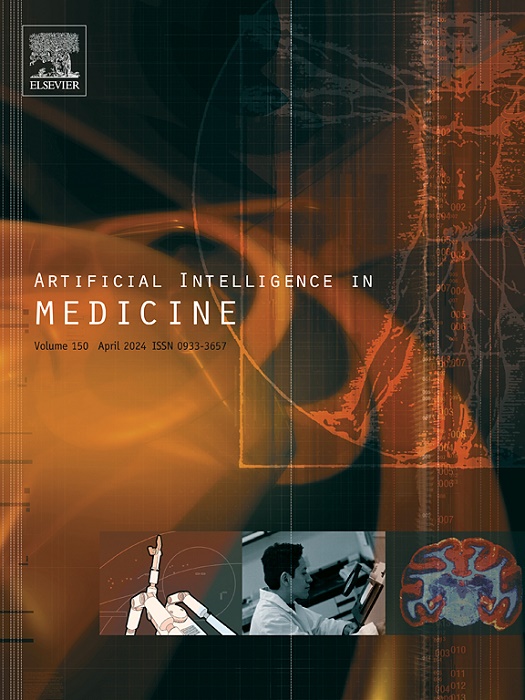Uncovering the genetic basis of glioblastoma heterogeneity through multimodal analysis of whole slide images and RNA sequencing data
IF 6.2
2区 医学
Q1 COMPUTER SCIENCE, ARTIFICIAL INTELLIGENCE
引用次数: 0
Abstract
Glioblastoma is a highly aggressive form of brain cancer characterized by rapid progression and poor prognosis. Despite advances in treatment, the underlying genetic mechanisms driving this aggressiveness remain poorly understood. In this study, we employed multimodal deep learning approaches to investigate glioblastoma heterogeneity using joint image/RNA-seq analysis. Our results reveal novel genes associated with glioblastoma. By leveraging a combination of whole-slide images and RNA-seq, as well as introducing novel methods to encode RNA-seq data, we identified specific genetic profiles that may explain different patterns of glioblastoma progression. These findings provide new insights into the genetic mechanisms underlying glioblastoma heterogeneity and highlight potential targets for therapeutic intervention. Code and data downloading instructions are available at: https://github.com/ma3oun/gbheterogeneity.
通过对整个幻灯片图像和RNA测序数据的多模态分析,揭示胶质母细胞瘤异质性的遗传基础
胶质母细胞瘤是一种高度侵袭性的脑癌,其特点是进展迅速,预后差。尽管治疗取得了进展,但驱动这种侵袭性的潜在遗传机制仍然知之甚少。在这项研究中,我们采用多模态深度学习方法,通过联合图像/RNA-seq分析来研究胶质母细胞瘤的异质性。我们的研究结果揭示了与胶质母细胞瘤相关的新基因。通过利用全幻灯片图像和RNA-seq的组合,以及引入编码RNA-seq数据的新方法,我们确定了可能解释胶质母细胞瘤进展不同模式的特定遗传谱。这些发现为胶质母细胞瘤异质性的遗传机制提供了新的见解,并突出了治疗干预的潜在靶点。代码和数据下载说明可在:https://github.com/ma3oun/gbheterogeneity。
本文章由计算机程序翻译,如有差异,请以英文原文为准。
求助全文
约1分钟内获得全文
求助全文
来源期刊

Artificial Intelligence in Medicine
工程技术-工程:生物医学
CiteScore
15.00
自引率
2.70%
发文量
143
审稿时长
6.3 months
期刊介绍:
Artificial Intelligence in Medicine publishes original articles from a wide variety of interdisciplinary perspectives concerning the theory and practice of artificial intelligence (AI) in medicine, medically-oriented human biology, and health care.
Artificial intelligence in medicine may be characterized as the scientific discipline pertaining to research studies, projects, and applications that aim at supporting decision-based medical tasks through knowledge- and/or data-intensive computer-based solutions that ultimately support and improve the performance of a human care provider.
 求助内容:
求助内容: 应助结果提醒方式:
应助结果提醒方式:


